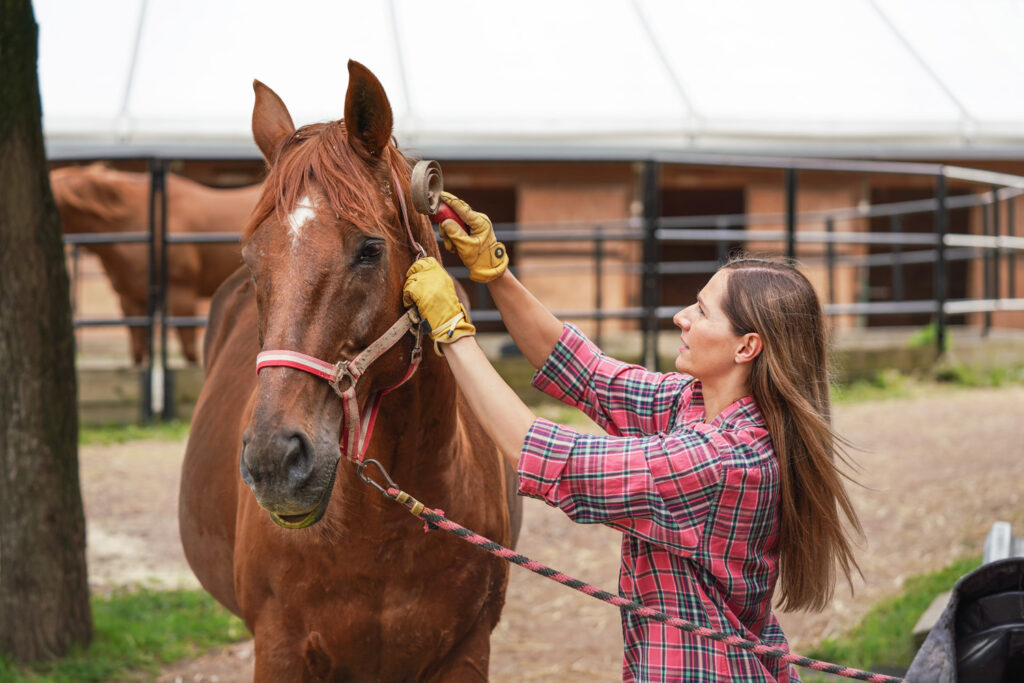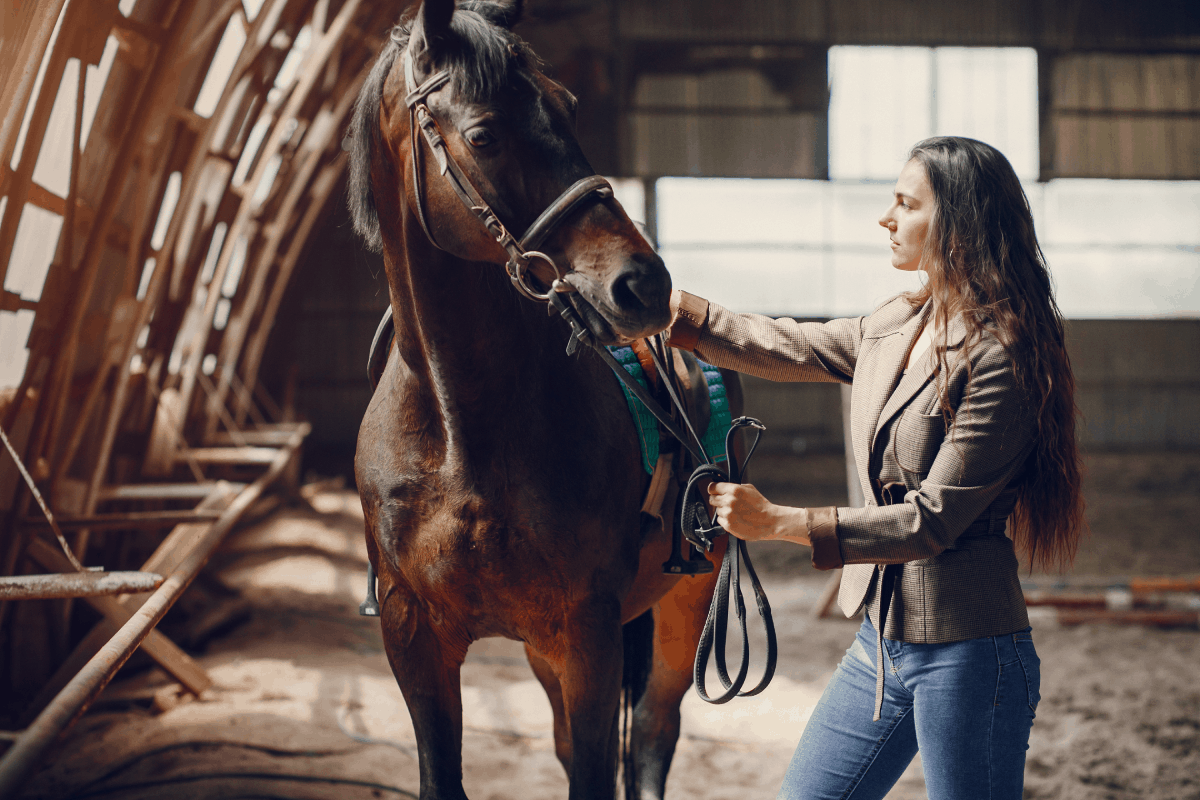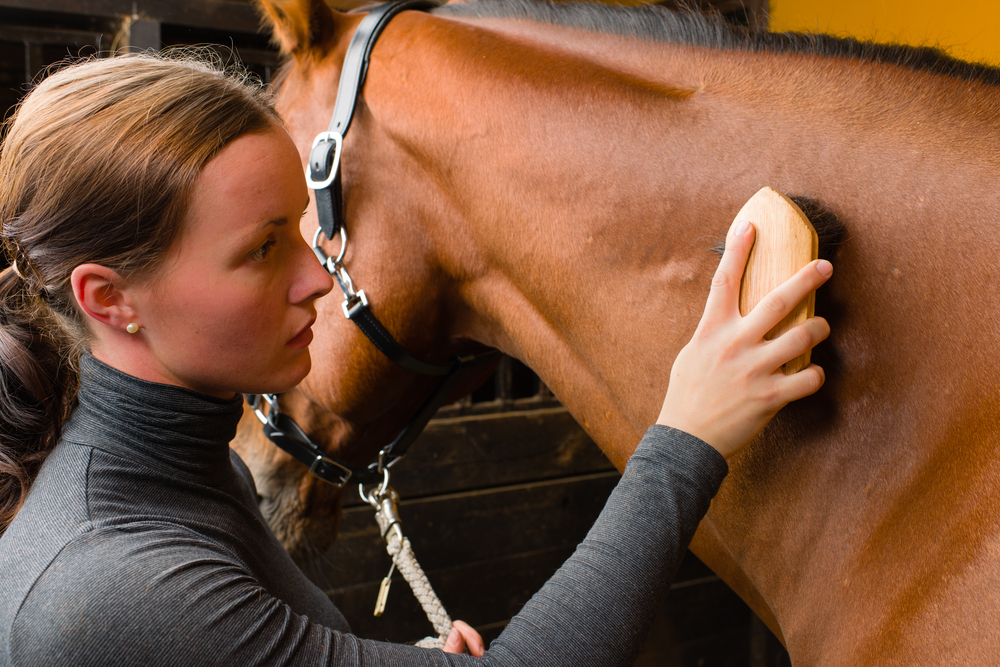As our beloved equine companions age, their needs evolve, requiring a specialized approach to care. This senior horse management guide is designed to help you navigate the unique challenges and rewards of caring for an older horse. By understanding their specific needs, you can ensure your horse enjoys a healthy and fulfilling life well into their golden years.

Understanding the Aging Process in Horses
Just like humans, horses experience a range of physical and metabolic changes as they age. It’s crucial to recognize these changes early on to provide appropriate care. Common signs of aging in horses include weight loss, dental issues, and reduced mobility. By staying vigilant, you can address these issues proactively, ensuring your horse’s comfort and health.
Nutritional Needs of Senior Horses
Nutrition plays a vital role in maintaining the health of senior horses. As metabolism slows, their dietary requirements change. Providing a balanced diet with adequate protein, fiber, and essential vitamins is crucial. Consider consulting with a veterinarian or equine nutritionist to tailor a diet plan that meets your horse’s specific needs.
Importance of Regular Dental Care
Dental issues are common in aging horses and can significantly impact their ability to chew and digest food properly. Regular dental check-ups and maintenance are essential to prevent problems like tooth grinding and back teeth problems. These check-ups ensure that any potential issues are identified and addressed promptly.
Exercise and Mobility
Maintaining mobility is key to a senior horse’s well-being. While exercise routines may need to be adjusted, regular physical activity helps keep joints flexible and muscles strong. Gentle exercises, such as walking or light riding, can keep your horse active without overexertion.
Adapting Exercise Routines
Adapting exercise routines to suit your horse’s current condition is vital. Activities that were once easy may become challenging, so pay attention to your horse’s comfort and adjust accordingly. Consult with a veterinarian or equine specialist to develop a suitable exercise plan.
Monitoring Health and Well-being
Regular health check-ups are essential for identifying potential issues early. Veterinary care, including vaccinations and parasite control, should be maintained diligently. Keep an eye out for signs of discomfort or illness, such as changes in appetite, behavior, or appearance.
Signs to Watch For
Recognizing signs of discomfort or illness early can make a significant difference in your horse’s health. Look for symptoms such as lethargy, changes in eating habits, or unusual behavior. Promptly addressing these signs can prevent more serious health issues down the line.
Creating a Comfortable Environment
A comfortable environment is essential for a senior horse’s well-being. Ensure their living space is clean, safe, and free from hazards. Adequate shelter and proper bedding are crucial to keep your horse dry and comfortable, reducing the risk of health issues.
Emotional and Social Well-being
Horses are social creatures, and maintaining emotional and social well-being is just as important as physical health. Ensure your horse has companionship, whether from other horses or human interaction, to prevent loneliness and depression.
The Role of Companionship
Companionship can significantly impact a horse’s mental health. Social interactions with other horses or humans provide stimulation and comfort, reducing stress and anxiety. If possible, maintain a herd environment or ensure regular human interaction.
Conclusion
Caring for a senior horse requires dedication and attention to detail, but the rewards are immeasurable. By following this senior horse management guide, you can ensure your horse enjoys a healthy, happy life in their later years. Remember, each horse is unique, and their needs may vary, so always consult with professionals to provide the best care possible.

FAQs
How often should senior horses have dental check-ups?
Senior horses should have dental check-ups at least twice a year to prevent and address any dental issues promptly.
What are some signs of aging in horses?
Common signs of aging in horses include weight loss, dental problems, decreased mobility, and changes in behavior.
How can I make my senior horse’s environment more comfortable?
Ensure your horse’s living space is clean, safe, and well-maintained. Provide adequate shelter, proper bedding, and companionship to enhance their comfort and well-being.
This article contains affiliate links. We may earn a commission at no extra cost to you.
